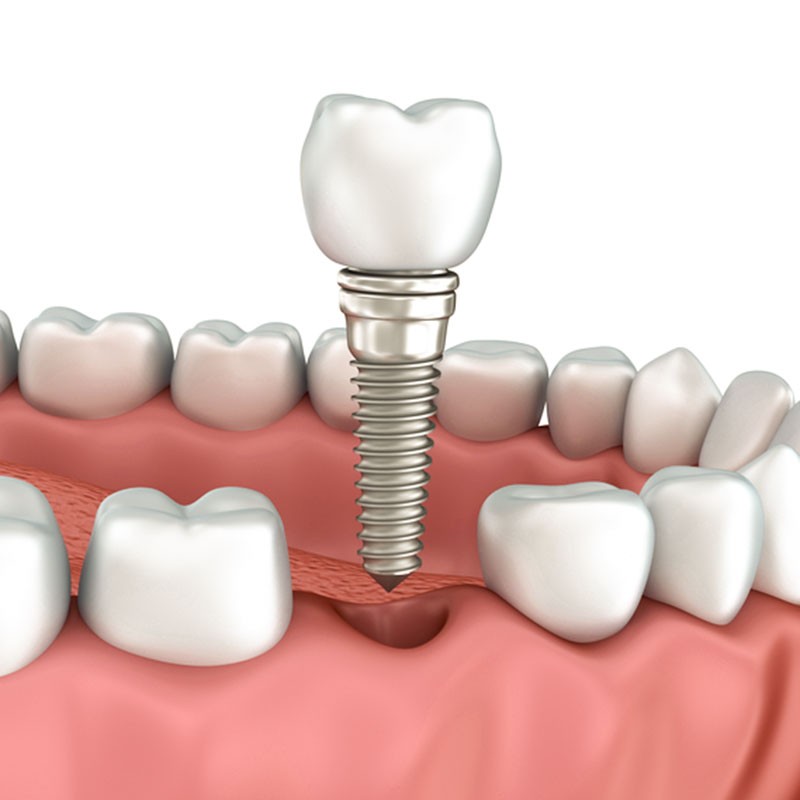When it comes to replacing missing teeth, dental implants and bridges are two of the most popular options. Both solutions have their own set of advantages and considerations, and the right choice depends on various factors including your oral health, budget, and personal preferences. Here, we compare dental implants and bridges to help you make an informed decision. Dental Implants are artificial tooth roots made from biocompatible materials such as titanium or zirconia, surgically placed into the jawbone. A crown, bridge, or denture is then attached to the implant, restoring the function and appearance of the missing tooth. Dental Bridges are prosthetic devices used to replace one or more missing teeth by bridging the gap between two existing teeth. They typically consist of a false tooth (pontic) held in place by dental crowns that are cemented onto the adjacent teeth (abutment teeth).
Advantages of Dental Implants
- Longevity and Durability: Implants can last a lifetime with proper care. The materials used are highly durable and resistant to decay.
- Bone Preservation: Implants stimulate the jawbone, preventing bone loss and maintaining facial structure.
- Natural Look and Feel: Implants closely mimic the appearance and function of natural teeth.
- No Impact on Adjacent Teeth: Unlike bridges, implants do not require alteration of the neighboring teeth.
- Improved Oral Health: Easier to maintain oral hygiene as implants do not affect surrounding teeth.
Disadvantages of Dental Implants
- Cost: Implants tend to be more expensive upfront compared to bridges.
- Surgical Procedure: Requires surgery, which involves risks such as infection, nerve damage, and extended recovery time.
- Time-Consuming: The process of getting an implant can take several months, from initial consultation to final placement.
Advantages of Dental Bridges
- Quicker Process: The procedure for getting a bridge is usually faster than implants, often completed in a few weeks.
- Cost-Effective: Generally less expensive upfront than implants.
- Non-Surgical: The placement of a bridge does not require surgery, making it a less invasive option.
Disadvantages of Dental Bridges
- Impact on Adjacent Teeth: Requires grinding down the adjacent healthy teeth to place the crowns, potentially compromising their structure and health.
- Bone Loss: Does not address bone loss in the area of the missing tooth, which can lead to changes in facial structure over time.
- Durability: Bridges typically last 10-15 years, shorter than the potential lifetime of implants.
- Oral Hygiene: Cleaning around and under a bridge can be more challenging, increasing the risk of decay and gum disease.
Consulting with a dental professional is crucial to evaluate your specific situation and determine the best option for your needs. By considering your oral health, aesthetic preferences, budget, and lifestyle, you can make an informed decision that will enhance your smile and improve your quality of life.


